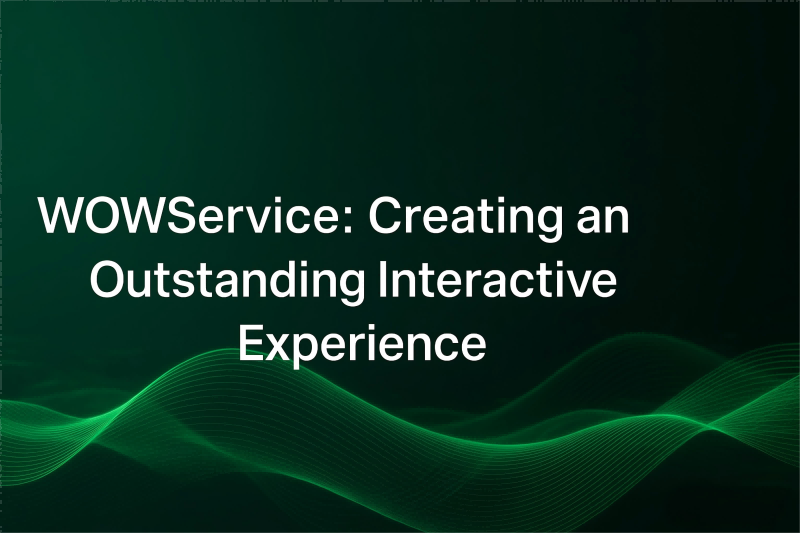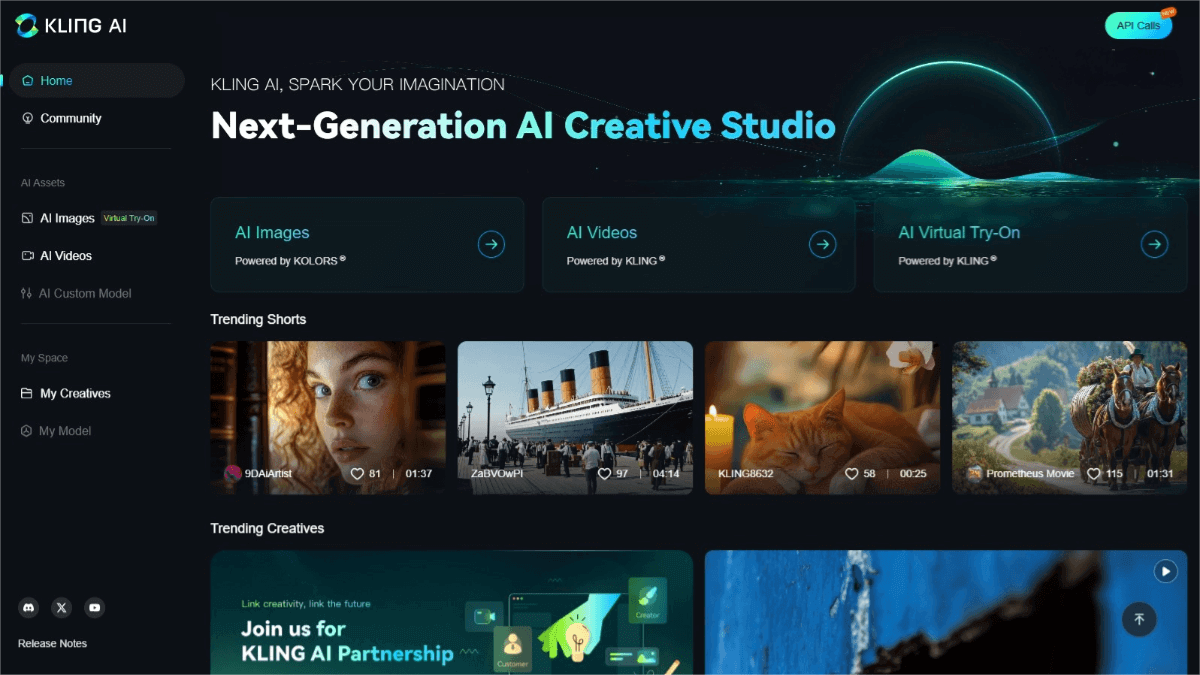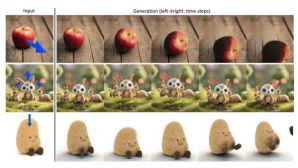WOWService – Technical Report on Meituan’s Large Model Interaction System
What is WOWService?
WOWService is an intelligent interaction system developed by Meituan’s LongCat team. By integrating large language models (LLMs) with a multi-agent architecture, WOWService optimizes user experience while reducing operational costs. The system addresses five major challenges in intelligent interaction: cold-start data construction, multi-turn dialogue performance, adaptation to changing business rules, limitations of a single LLM, and quantitative evaluation of multi-turn conversations. WOWService introduces innovative solutions through a four-stage training pipeline—Continuous Pre-Training (CPT), Supervised Fine-Tuning (SFT), Direct Preference Optimization (DPO), and Reinforcement Learning (RL)—significantly enhancing model performance in real-world business scenarios. Its multi-agent architecture allows a main agent to collaborate with multiple specialized sub-agents for efficient handling of complex tasks. Additionally, WOWService incorporates a dual-driven mechanism of data and knowledge through Self-Refinement Training (SRT) and hybrid data-knowledge strategies, further improving overall system capability.

Key Features of WOWService
Data Construction and Optimization:
WOWService adopts a dual-driven strategy combining data and knowledge. It enhances model training efficiency and performance through adaptive data-mixing optimization and high-quality data filtering, reducing the cost of data labeling.
Multi-Turn Dialogue Enhancement:
Through the four-stage training pipeline—CPT, SFT, DPO, and RL—the system significantly improves intent understanding, rule adherence, and solution extraction during multi-turn conversations.
Business Rule Adaptation and Self-Evolution:
Equipped with self-optimization training, WOWService can rapidly adapt to evolving business rules, achieving continuous model evolution and optimization while reducing business expansion costs.
Multi-Agent Collaboration:
The architecture features a main agent responsible for global dialogue control and multiple specialized sub-agents handling specific tasks, improving flexibility and service quality in complex scenarios.
Automated Evaluation and Feedback:
A comprehensive evaluation framework measures both fundamental model performance and end-to-end agent effectiveness, with data-driven feedback loops supporting continuous model improvement.
Multimodal Interaction Support:
WOWService supports multimodal inputs such as speech and images. By integrating multimodal understanding agents, it enhances comprehension of non-text inputs and broadens application scenarios.
Technical Principles of WOWService
Data and Knowledge Dual-Drive:
WOWService combines data-driven and knowledge-driven approaches, strengthening the model’s ability to follow business rules and apply structured knowledge effectively in complex business environments.
Four-Stage Training Pipeline:
Its pipeline consists of Continuous Pre-Training (CPT), Supervised Fine-Tuning (SFT), Direct Preference Optimization (DPO), and Reinforcement Learning (RL), progressively improving generalization, business adaptability, and reasoning capabilities.
Multi-Agent Architecture:
The system introduces a main agent and several specialized sub-agents. The main agent manages overall dialogue flow, while sub-agents handle domain-specific tasks. Through dynamic invocation and information integration, WOWService efficiently manages complex workflows.
Self-Refinement Training:
By automatically selecting high-quality service cases and rewriting low-quality dialogues, WOWService builds a self-improving data loop, enabling continuous optimization and adaptation to new business needs.
Hybrid Data-Knowledge Approach:
Combining the flexibility of data-driven methods with the rule compliance of knowledge-driven approaches, WOWService employs dynamic knowledge retrieval and reasoning enhancement to improve accuracy and reliability in complex business processes.
Reinforcement Learning and Preference Optimization:
By leveraging reinforcement learning and DPO, WOWService adjusts its outputs based on human feedback, generating responses more aligned with user preferences and improving user experience.
Automated Evaluation Framework:
A comprehensive evaluation system—from core model capabilities to full agent performance—supports automated assessment and continuous optimization, ensuring stability and efficiency in real-world deployment.
Project Links
arXiv Technical Paper: https://arxiv.org/pdf/2510.13291
Application Scenarios of WOWService
1. Meituan Intelligent Customer Service System:
WOWService has been successfully deployed in Meituan’s app-based intelligent customer service system, handling user inquiries 24/7 and significantly improving satisfaction and issue resolution efficiency.
2. Multi-Business Scenario Coverage:
Widely applied across dozens of Meituan business areas—such as food delivery, hotel booking, and travel—WOWService provides personalized services tailored to each domain.
3. Complex Business Process Management:
In scenarios involving multiple roles (e.g., users, merchants, couriers), WOWService dynamically allocates and coordinates resources to ensure efficient information flow and service execution.
4. Multimodal Interaction Support:
By supporting input via voice, images, and other modalities, WOWService enables more natural, convenient interactions, suitable for scenarios requiring visual or auditory assistance.
5. Proactive Collaboration and Recommendation:
WOWService proactively identifies user needs, offering personalized recommendations and solutions that enhance engagement and satisfaction.
6. Intelligent Outbound Services:
It supports automated outbound calls—for example, order confirmations and satisfaction surveys—improving operational efficiency and user response rates.
Related Posts




